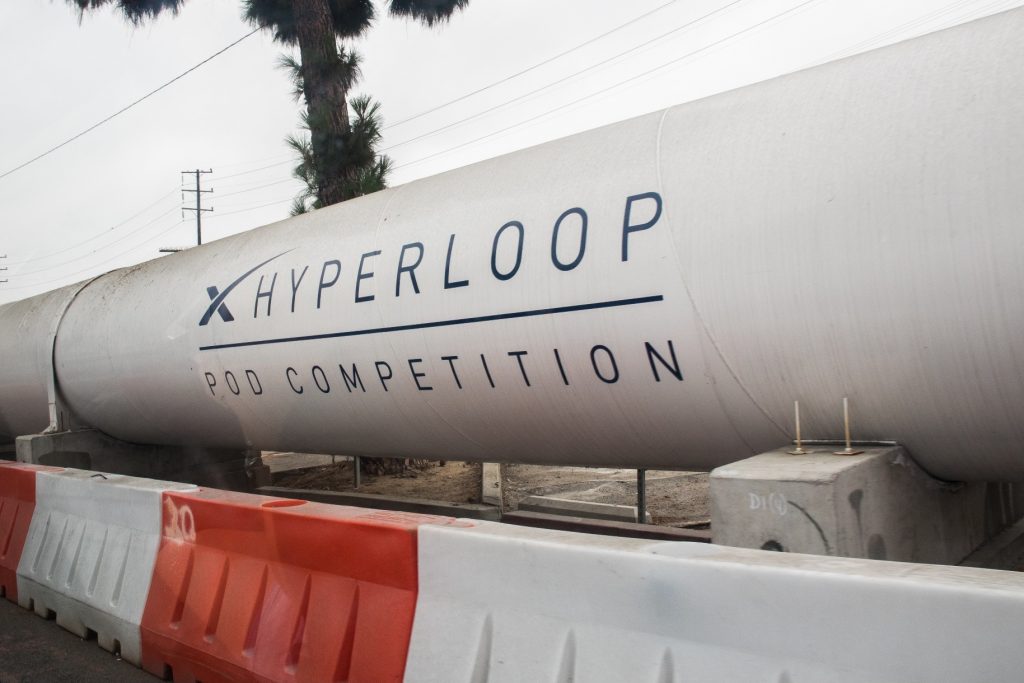The Canadian startup has made official the interest for the experimentation of the new technology in Italy
A tapered capsule fired more than a thousand miles an hour in a vacuum tunnel An innovative idea for the future of transport, which would allow you to cross Italy, from the Alps to the heel of the boot, in about an hour. It is the magic of electromagnetic propulsion combined with high vacuum, a concept on which is working a Canadian startup, Transpod, which has expressed the intention to start in Italy, an experiment of its magnetic propulsion capsules.
A branch in Bari, the hometown of one of the six main investors in the project, the Italian one would be the third experimental reality of its kind in the world, with the line in the Canadian region of Alberta, being designed together with the French one, in the city of Limoges. Transpod‘s objective is to obtain European safety certifications by 2025, the first step towards the development of a high–speed tunnel network. In the meantime, the Canadian group has begun a collaboration with the Polytechnics of Milan and Turin, but the future sees included in the project the University of Rome La Sapienza and the Polytechnic of Bari.
Hyperloop technology will allow Transpod to focus on connections between densely populated cities, currently connected by trains or planes. According to estimates made, the cost of a ticket would be lower than that of an air ticket: the Montreal-Toronto route, for a total of 503 kilometers, would be covered in about 45 minutes, with an estimated cost of 80 dollars per ticket. The comparison is soon made. By train it would take about six hours, an hour by plane, at a cost of 115 and 280 dollars respectively.
Obviously, since the technology is still being studied, to build a single kilometer of section would cost 30 million dollars, one third less than the average cost of building a high-speed railway section of the same length. Two very similar projects are those of Elon Musk and his The Boring Company, Hyperloop transportation technologies, and Hyperloop One of the Virgin group. The difference with the idea of the Canadian startup is substantial, because the first two projects rely on the thrust of compressed air, Transpod, however, relies on magnetic propulsion, and air friction in the ducts is eliminated ensuring greater efficiency.
